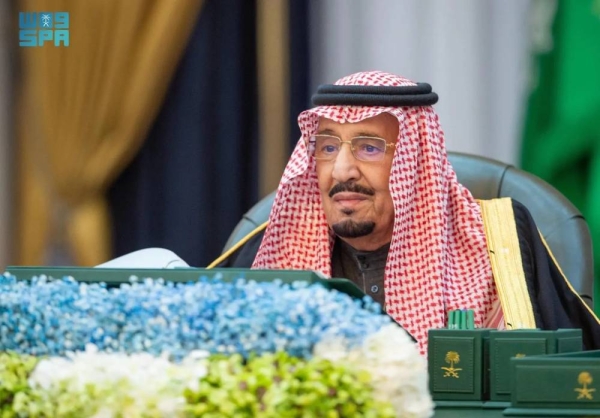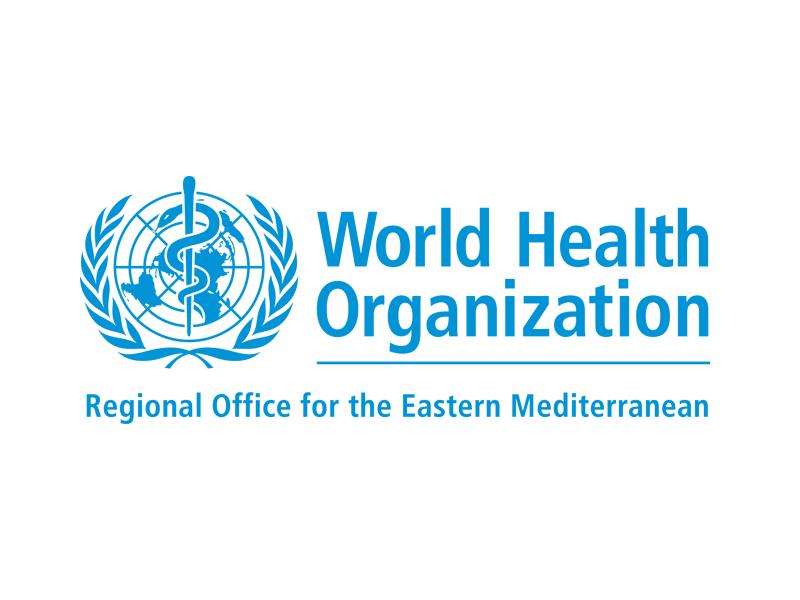
Julian Assange’s six-year confinement in the Ecuadorian embassy in London seems to be approaching its end. Ecuador’s President Lenín Moreno has confirmed reports that he has been conducting talks with the British government to end the standoff between the founder of WikiLeaks and the British authorities. In 2012, Assange sought asylum in Ecuador’s embassy to avoid extradition to Sweden, where police wanted to interview him regarding allegations of sexual assault. Ironically, even though that criminal investigation was dropped last year, there is still an active arrest warrant against him in the UK for breaking bail while his extradition case was before the court.
It remains to be seen what the future holds for the man who orchestrated break-ins to the most sacred secrets of a large number of countries and made them public. Assange’s main concern is the prospect of being sent to the United States. Although there are no legal charges against him there, only a few months ago US Attorney General Jeff Sessions said Assange’s arrest was a “priority,” while then CIA director and now Secretary of State Mike Pompeo followed suit, arguing that “it’s time to call out WikiLeaks for what it really is: a non-state hostile intelligence service often abetted by state actors like Russia.”
The fate of Assange and WikiLeaks will no doubt continue to be a source of heated argument; however, he and his organization have contributed to a much broader debate on the role of whistle-blowers in our societies. Are they heroes of our time who expose governments’ flaws and attempt to make them accountable for their incompetence, dishonesty and lawbreaking? Or are they self-righteous attention seekers who don’t understand the complexity of the work of government and decision-making, and are carelessly putting at risk the security of a country and safety of individuals? Some go as far as to label them traitors and would like them to be treated as such.
Opinions are bound to remain divided. Yet, as much as Assange – or Chelsea Manning, David Shayler, Edward Snowden or Mordechai Vanunu – have been greatly maligned, many countries have enshrined in law the protection of whistle-blowers, in recognition of their crucial role in society.
As long ago as July 30, 1778, the Continental Congress unanimously adopted the first whistleblower legislation in the United States, declaring it was “the duty of all persons in the service of the United States” to report misconduct or fraud. Today, it is the task of the Office of Special Counsel (OSC) to handle claims of wrongdoing within the executive branch of the federal government. Among other things, the OSC reviews alleged violations of a law, rule or regulation; gross mismanagement; gross waste of funds; abuse of authority; and any substantial and specific danger to public health or safety. The OSC website proudly shares stories such as the Navy’s mishandling of an inventory totaling more than $32 million; an immigration judge who acted more in line with his political views than with the law; and the Federal Aviation Administration allowing planes to fly with expired airworthiness certificates – the uncovering of such cases underlines the contribution of whistle-blowers to making these organs of state accountable.
The fate of Assange and WikiLeaks will no doubt continue to be a source of heated argument; however, he and his organization have contributed to a much broader debate on the role of whistle-blowers in our societies
Yossi Mekelberg
New legislation signed by US President Donald Trump earlier this month enhances the protection of whistle-blowers from retaliation. This in addition to the Senate designating July 30 as National Whistle-Blower Appreciation Day. In Europe, the legal situation is similar, recognizing that an “accountable, effective and efficient government” requires courageous individuals to put their heads above the parapet, and for governments to protect them when they do so. Earlier this year, new EU legislation was proposed to guarantee a high level of protection for whistle-blowers who report breaches of EU law from dismissal, demotion and other forms of vindictive retaliation.
It is not only in the domain of law that whistle-blowing is highly regarded: it has also been immortalized in blockbuster movies. In two well-known examples, the heroes are women – Erin Brockovich and Kathryn Bolkovac respectively, who challenged powerful organizations only for their lives and livelihood to be threatened. Brockovich revealed that California’s Pacific Gas and Electric Company was contaminating water, and Bolkovac made it known that UN officials were guilty of sex trafficking in Bosnia, setting an example for all of us of how the greater good is served by confronting unscrupulous authority.
Admittedly, it is also the responsibility of those who come across wrongdoing to exercise judgement and responsibility in weighing the right to know against, for example, possible damage to national security, or individuals who might be put in harm’s way. However, “national security” is a very broad and often vague term. The wholesale release of diplomatic correspondence by WikiLeaks brought to a head the tension between the public’s right to know what is being said and done on their behalf and to scrutinize their governments, and the possible damage that can result as a consequence. Some of those leaked documents rightly embarrassed politicians. However, the revelations should not have been made in such a way as to compromise the need to preserve the discreet nature of diplomatic interactions, or to put people in danger. For some, it was an example of how technology enables better overseeing of government activity; for others, it was an irresponsible ego trip enabled by technological wizardry that ignored the complex and intricate issues involved, compromised national security and endangered the lives of operatives, all made worse by the fact that the documents were obtained illegally.
The solution is not to persecute and prosecute people like Assange, or any other whistle-blower, but to put in place mechanisms for exposing wrongdoing that the public can trust and, when required, to operate those mechanisms discreetly. The secrecy card has been played too many times as a pretext for covering up cases of bad governance. Only when the public can be assured that transparency is not only necessary, permitted and more importantly encouraged, but also that those who are ready to speak up will be taken seriously and protected, even in cases of national security, will the rogue style of whistle-blowing become surplus to requirements.
Yossi Mekelberg is professor of international relations at Regent’s University London, where he is head of the International Relations and Social Sciences Program. He is also an associate fellow of the MENA Program at Chatham House. He is a regular contributor to the international written and electronic media. Twitter: @YMekelberg
Disclaimer: Views expressed by writers in this section are their own and do not necessarily reflect Arab News" point-of-view












